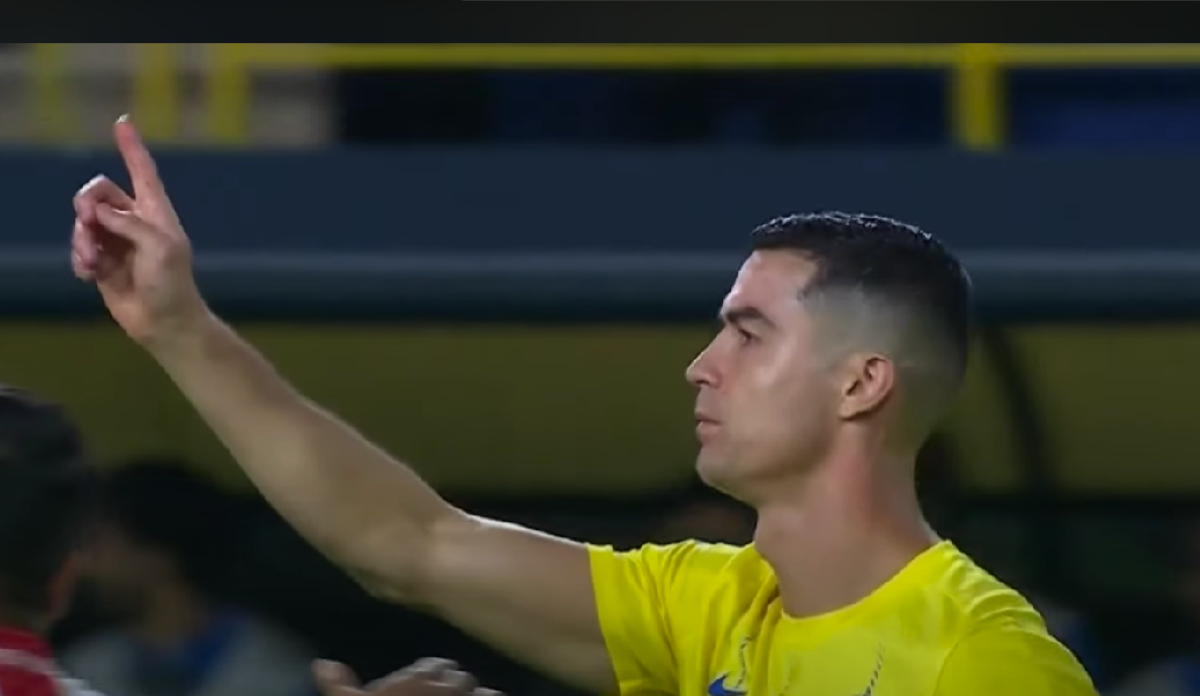The actor Lee Sun-kyun, known for “Parasite,” sadly passed away recently, bringing attention to South Korea’s crackdown on drugs that involves other celebrities. Yoo Ah-in, from “Burning” and “Hellbound,” is in legal trouble for testing positive for various drugs, leading to lost partnerships and his exclusion from “Hellbound” Season 2.
G-Dragon, the former BigBang member, faced a recent drug investigation that ended with no evidence of drug use. However, his pictures were removed from BMW Korea’s online ads. This highlights South Korea’s strict stance against drugs, focusing more on punishment than helping people recover.
While some support this tough approach, others say it doesn’t do enough for rehabilitation. Gloria Lai from the International Drug Policy Consortium believes that harsh penalties haven’t worked well over the years and have a significant impact on people’s lives. Lee Sun-kyun’s recent incident raises concerns about how the police handle drug investigations.
Lee’s lawyer, Seongcheol Park, denies the drug charges, saying the police broke rules about sharing information. He emphasizes Lee’s negative drug test results and accuses the authorities of not taking seriously Lee’s claim of being blackmailed. South Korea’s strict drug policy is similar to China and Singapore, where drug offenses can lead to the death penalty.
Unlike Western countries that see drug use as a health problem, South Korea relies more on punishment. Despite its success in keeping drug use low, recent reports suggest an increase in trafficking and use. President Yoon Suk Yeol’s administration declared a “war on drugs” in 2022, leading to stricter enforcement and anti-drug campaigns by celebrities.
Critics argue that a focus only on punishment isn’t effective, comparing it to the historical failures of the U.S. “war on drugs.” South Korea’s legal system even allows prosecution for drug use abroad. Offenders might face mandatory education or imprisonment, depending on the type of drug.
Experts in drug treatment criticize the narrow focus on punishment, saying the mandatory education program isn’t enough and that there are too few rehab clinics compared to those for alcoholics. Critics stress the need for a more comprehensive approach, including education, cultural change, and better infrastructure for addiction treatment to effectively address drug use, addiction, and overdose deaths.






